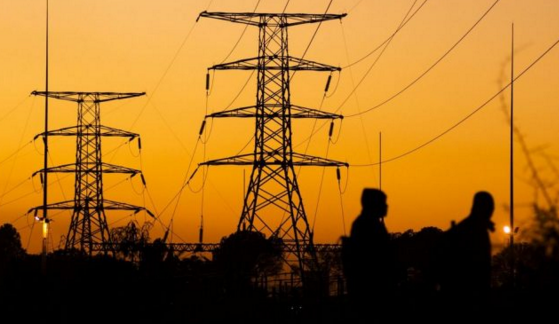Summary:
- The push for grid electricity in Uganda’s smaller communities faces financial barriers, leading many to opt for grid solar, which offers affordability and environmental benefits. Prioritizing grid solar installations can empower grassroots communities with reliable, sustainable energy, fostering economic development and contributing to global clean energy efforts.
In the push for progress and better energy, grid electricity seemed like a good idea. However, for people in smaller communities, things aren’t going as promised. While cities and urban areas enjoy the benefits of grid electricity, the story in grassroots communities unfolds in the shadows. According to the Electricity Regulatory Authority (ERA), just 1.7 million out of the eight million households in Uganda are linked to the national electricity grid. Considering the average family size, which is around five people according to the Uganda Bureau of Statistics, it means only about 8.5 million Ugandans have electricity in their homes. This shows a big difference in electricity access for a large part of the population.
In places like Rugaga in Isingiro District, the desire to benefit from grid electricity clashes with a harsh financial reality. Many residents find themselves excluded from accessing grid electricity due to the significant costs involved. From the initial installation fees to ongoing maintenance expenses and additional taxation, the financial barriers hinder the use of grid electricity for families and individuals in these grassroots communities, leaving most people opting for grid solar.
The utilization of grid solar not only benefits the economically disadvantaged by providing an affordable and clean energy solution but also contributes significantly to the global fight against climate change. In areas like Rugaga, where financial restraints are rampant, the affordability of solar makes it an inclusive energy option offering households a sustainable means to access light without burdening their finances. Additionally, the environmental impact is noteworthy, as the adoption of solar reduces dependence on traditional energy sources, consequently diminishing the need for deforestation.
Let Us Build Your Online Success!
We are the experts in creating visually stunning and functional websites. With reliable hosting and exceptional customer support, we bring your vision to life. Join hundreds of happy clients who trust us!
Get Started Now📞 Call/WhatsApp: +256 207 800 192
In this community, where many rely on farming, particularly the cultivation of bananas requiring energy for mechanizing their agricultural products, grid solar emerges as a dual-force solution uplifting the economic well-being of the poor through affordability and promoting environmental conservation by curbing deforestation, thereby presenting a holistic approach to addressing both energy accessibility and climate change in these grassroots communities.
Recognizing the financial challenges of grassroots communities, particularly in accessing traditional grid electricity, prompts consideration for the implementation of grid solar systems. The affordability and sustainability of grid solar make it a reasonable choice, ensuring that energy access becomes more inclusive and environmentally responsible. By prioritizing grid solar installations, the government can empower communities with a reliable and cost-effective energy source, promoting economic development while contributing to the global shift towards clean and renewable energy solutions. This approach represents not just an energy solution but a pathway to a more equitable and sustainable future for grassroots communities.
The writer is Ms Caroline Kinkuhaire Email: carolinekinkuhaire12@gmail.com

